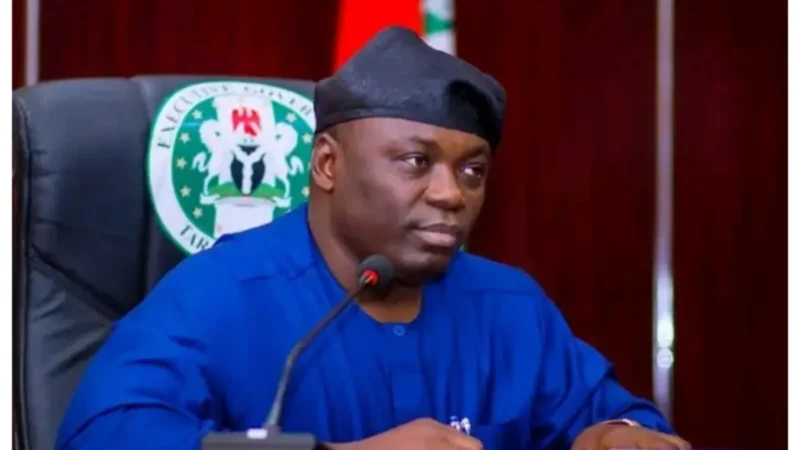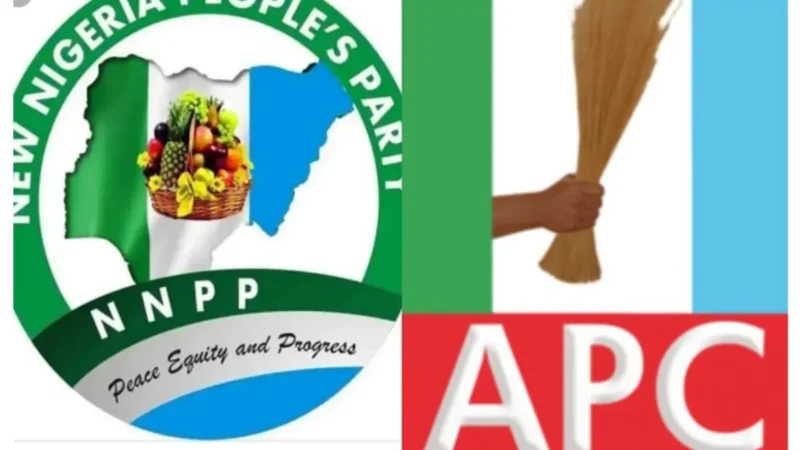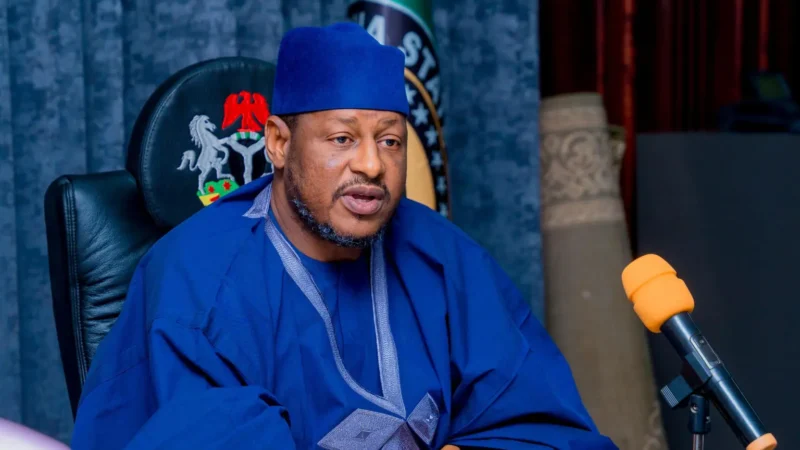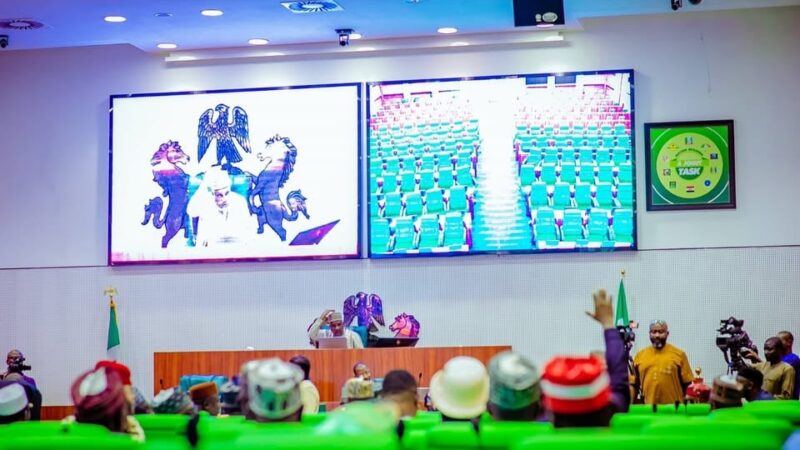Supreme Court got it wrong on LG autonomy
 FEDERALISM is the imaginary bedrock of Nigeria’s constitutional democracy, designed to balance power between the centre and the sub-nationals. However, the recent judgement by the Supreme Court concerning local government autonomy has raised critical questions about the integrity of this federalist structure. The judiciary should interpret the Constitution to reinforce decentralisation.
FEDERALISM is the imaginary bedrock of Nigeria’s constitutional democracy, designed to balance power between the centre and the sub-nationals. However, the recent judgement by the Supreme Court concerning local government autonomy has raised critical questions about the integrity of this federalist structure. The judiciary should interpret the Constitution to reinforce decentralisation.
In its latest judicial intervention on the suit filed by the Attorney-General of the Federation and Minister of Justice, Lateef Fagbemi (SAN), challenging the state governors’ control of LGs, the Court declared that the government is portioned into three tiers – federal, state, and local. This is a blatant assault on the tenets of federalism.
The judgement barred the governors from receiving, retaining, or spending the LG allocations. The Court held that states receiving LG funds violate Section 162 of the 1999 Constitution. It asserted that the Constitution states that any money leaving the Federation Account must be distributed to the three tiers of government. This is erroneous: in federalism, there are only two units of government – the centre and the federating units.
The Supreme Court erred in its judgement as the LGs have no place in a federal constitution. Therefore, one of the fundamental flaws of the 1999 Constitution is to list the 774 LGs in it. This must be corrected.
In federal jurisdictions, such as the United States, India, and Brazil, the constitution recognises only the centre and province/region/state governments. States fund the LGs as the councils are under them. Thus, the Supreme Court judgement is a conspiracy against federalism.
The Court ruled that state governors do not have the power to dissolve elected LG councils and replace them with caretaker committees. This violates Section 7(1) of the Constitution. While we agree with the justices that the councils should be run only by democratically elected officials, the question of financial autonomy for LGs has no place in a federal constitution.
The State and Local Government Joint Account was created because council bosses were looting funds and not paying primary school teachers. Since that account was created, primary school teachers are no longer owed salaries. Sadly, paying the monthly allocation directly to the councils would not stop the diversion of council funds.
Rather than chasing shadows at the Supreme Court, the Bola Tinubu Administration should focus on the political and economic restructuring of the country along the lines of true federalism. Federalism, as envisioned by the founding fathers, was intended to balance power between the central government and the constituent units, ensuring efficient governance, fostering development, and accommodating the country’s vast ethnic, cultural, and regional diversity.
The journey towards federalism has been fraught with challenges, inconsistencies, and deviations from its core principles. Nigeria’s federal structure was designed to prevent the concentration of power at the centre and promote regional autonomy.
The principle of federalism was meant to allow each region to govern itself while contributing to the collective unity and progress of the country. This was seen as essential for a country as diverse as Nigeria, with over 250 ethnic groups and many cultural identities.
Despite having the constitutional framework for federalism, Nigeria operates more as a centralised system. The Federal Government wields significant legislative and executive powers, often encroaching on areas that should fall under state jurisdiction. With 68 items, the Exclusive Legislative List entrenches the impunity of the Federal Government.
States should stop the illegal practice of dissolving elected councils and appointing caretaker committees. Local elections should be free, fair, and credible to ensure accountability.
The journey to true federalism in Nigeria requires a collective commitment to restructuring the current political and administrative framework. By bridging the gap between the theoretical foundations of federalism and the practical realities, Nigeria can harness its diversity, foster development, and build a more united and prosperous country.







